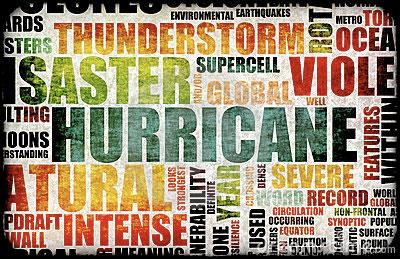By Charlie Harris, CIC, CRM, CSRM
DID YOU KNOW:
– More than 1 in 4 businesses will experience a significant crisis in a given year.
– Of those businesses that experience a disaster and have no emergency plan, 43% never reopen.
– 71% of small businesses do not have a disaster plan in place.
– 64% stated they don’t think they need one.
– 63% are confident they would be able to resume business within 72 hours,if impacted by a natural disaster, even though history shows this may be optimistic.
Disaster of any kind can and does strike when least expected. Once it occurs, it is too late to begin planning a crisis management plan. While there is Business Income Coverage and insurance to cover the loss of or damage to property, having a plan in place beforehand is one of the key ingredients in getting the business back on its feet more quickly.
Listed below are five ways businesses can prepare for disaster:
1. Risk assessment: Identify what kinds of emergencies are most likely to affect your company then evaluate your preparedness level. To determine your level of preparedness, there are free online resources such as the American Red Cross’s Ready Rating website. Business owners may complete a 123-point self assessment of their own level of preparedness and gainaccess to tools, tips and some of the best practices to improve their level.
2. Back up your data: Probably the most critical issue is to make sure all data is backed up and stored securely off-site. Important documents such as contracts, business licenses, corporate records, etc. should be kept in a fireproof box or a bank lock-box.
3. Be prepared to relocate, if necessary: Determine what production machinery, computers and other essential equipment is needed to keep your business open. Store extra supplies offsite, and make a plan for a temporary location if your company is forced to relocate after a disaster. Be ready for utility disruptions with a portable generator.
4. Locate and designate escape routes: Find escape routes from the business and establish meeting places. Make sure everyone understands the emergency plan before a storm, etc. hits. Designate a contact person to communicate with other employees, customers and vendors.
5. Ensure that you have enough insurance coverage: Before a disaster occurs, make sure to review your insurance policies. What kind of coverage do you have on your facilities and properties? Is there enough to insure your recovery if a disaster shouldphysically destroy your business?
For more information on preparing your business for disaster, call 334-263-5535 to speak with a Starke Agency representative who will help you manage your businesses’ disaster risk.


